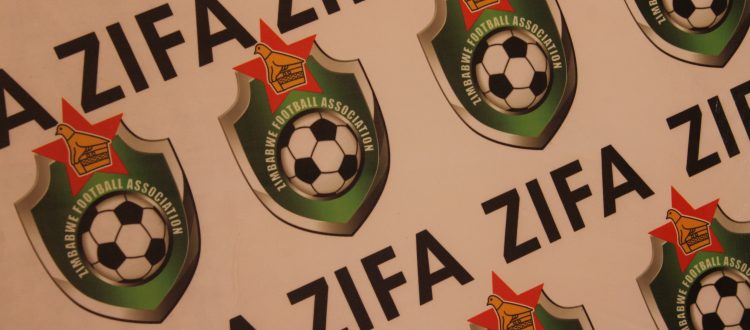

The Zimbabwe Football Association (Zifa) recently passed a motion to have a minimum of five ‘O’ Levels to run for president.
For some this has been welcomed, especially in a country which, for better or worse, puts a lot of stock in formal education for work readiness.
However, setting an education minimum for football association elections could have several negative implications, particularly in a sport like football that thrives on diversity and inclusivity.
Here are some reasons why it may be detrimental:
- Exclusion of experienced individuals: Football is a sport where experience, knowledge of the game, and practical expertise are often more valuable than formal education. By imposing an educational minimum, many seasoned individuals who have spent their lives playing or working in football, but who may not have formal qualifications, could be unfairly excluded. Their insights and hands-on experience are vital for the growth and governance of the sport. Asking a 55-year-old with 30 years experience in building football structures to pull out a certificate form 39 years ago is a bit odd.
- Limiting diversity and representation: Football is a global sport that brings together people from different backgrounds, cultures, and socioeconomic statuses. Imposing educational requirements could disproportionately disadvantage individuals from lower-income or less privileged backgrounds who may not have had access to formal education, despite their passion and commitment to the game. This would limit the diversity of voices in football governance, which is essential for a balanced and inclusive decision-making process.
- Overemphasis on formal qualifications: Governance in football is often about leadership, strategic thinking, and a deep understanding of the sport and its stakeholders. These qualities are not necessarily tied to formal education. By setting an educational minimum, there’s a risk of prioritising academic qualifications over the more critical skills needed for effective leadership in football associations.
- Discouraging grassroots involvement: Many football associations thrive on the active participation of grassroots volunteers and local football figures who have dedicated their lives to the sport. By requiring formal education, many of these individuals may feel alienated or discouraged from participating in the governance process, even though their contributions are essential for the sport’s development at the local level.
- Potential for elitism: Requiring formal education for candidates could promote elitism in football governance, favouring those from more privileged backgrounds who had the opportunity to pursue said education. Football has traditionally been a sport for the masses, and any steps that create barriers to entry at the governance level may erode this sense of inclusivity. It also limits the skills needed to work as predicated on formalised education only.
- Fifa presidency does not have such requirement: The football world governing body, Fifa, does not have a minimum education requirement to serve as the head of the organisation. Its pre-requisites is one must have been involved in football and be off good standing. So if the highest footballing body in the world demands nothing of the sort, why should Zifa?
In essence, weeding out people based on education will not necessarily bring out the best results.
What it turns Zifa into is an oligarchy.
Not sure anyone really wants that.




Comments
Loading…